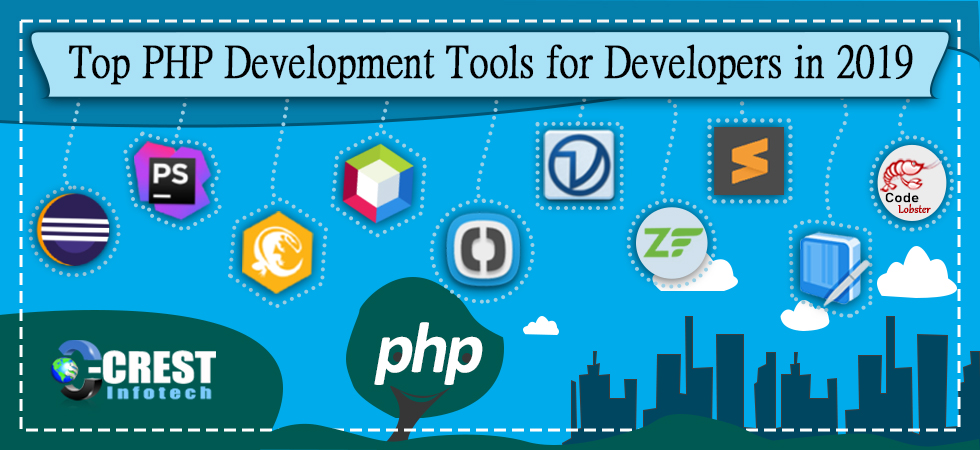Pulse of Information
Your source for the latest insights and updates.
PHP Development: Code Like a Pro Without Losing Your Sanity
Master PHP development with expert tips to code efficiently and keep your sanity intact. Unlock your potential today!
10 Common PHP Mistakes to Avoid for Saner Coding
PHP is a powerful scripting language widely used for web development, but even seasoned developers can slip up with common pitfalls. Understanding these common PHP mistakes can greatly enhance your coding efficiency and sanity. For instance, failing to properly validate user input can lead to security vulnerabilities like SQL injection. To avoid this, always sanitize user inputs using functions like filter_var() or prepared statements for database interactions. Another frequent oversight is neglecting to use strict types. Not enforcing argument types can cause unexpected behaviors in your code, leading to hard-to-debug errors.
Additionally, many developers forget to leverage PHP's error handling capabilities, which can be a major headache during the debugging process. Instead of using die() or exit() for error reporting, consider using try/catch blocks to handle exceptions gracefully. Lastly, one of the simplest yet most impactful mistakes is poor naming conventions. Using unclear or ambiguous variable names can make your code difficult to read and maintain. Adhering to best practices for naming—such as using camelCase or snake_case consistently—can help you avoid confusion and make your code more approachable to others.

Essential PHP Development Tools for Stress-Free Programming
When it comes to PHP development, having the right set of tools can significantly enhance your programming experience. Here are some essential tools that can make your coding journey stress-free:
- PHPStorm: This integrated development environment (IDE) offers advanced code navigation, automatic code completion, and a robust debugging suite, making it a favorite among developers.
- Composer: As a dependency manager for PHP, Composer simplifies the process of managing libraries and packages, allowing developers to easily integrate third-party tools into their projects.
- Xdebug: This powerful debugging tool helps developers troubleshoot and optimize their code efficiently, making it easier to spot issues and enhance performance.
In addition to these tools, many developers find it beneficial to utilize version control systems such as Git, which enable collaborative coding and provide backup solutions for your codebase. Other helpful resources include:
- PHPUnit: A testing framework that allows developers to create unit tests and ensure their code functions correctly.
- Laravel: A popular PHP framework that streamlines development with built-in tools and a clean syntax, making it ideal for both beginners and seasoned programmers.
By integrating these PHP development tools into your workflow, you'll find that programming can be a more enjoyable and productive endeavor.
How to Organize Your PHP Code for Maximum Readability and Maintainability
Organizing your PHP code efficiently is crucial for enhancing both readability and maintainability. One effective strategy is to follow the PSR coding standards, which provide guidelines on how to structure your code consistently. Consider using a modular approach by breaking your code into distinct functions and classes. This not only makes the code easier to read but also allows you to reuse components across different projects. Additionally, leveraging autoloading can help keep your codebase tidy by automatically loading classes without manual inclusion.
Another important aspect of organizing PHP code is adhering to proper naming conventions. Clear, descriptive names for variables, functions, and classes can significantly enhance readability. For instance, using camelCase for methods and snake_case for variables helps maintain consistency. Moreover, implementing comments judiciously can aid understanding, but be cautious not to overdo it—your code should be self-explanatory where possible. By following these practices, you’ll achieve a codebase that is not only easy to read but also straightforward to maintain over time.